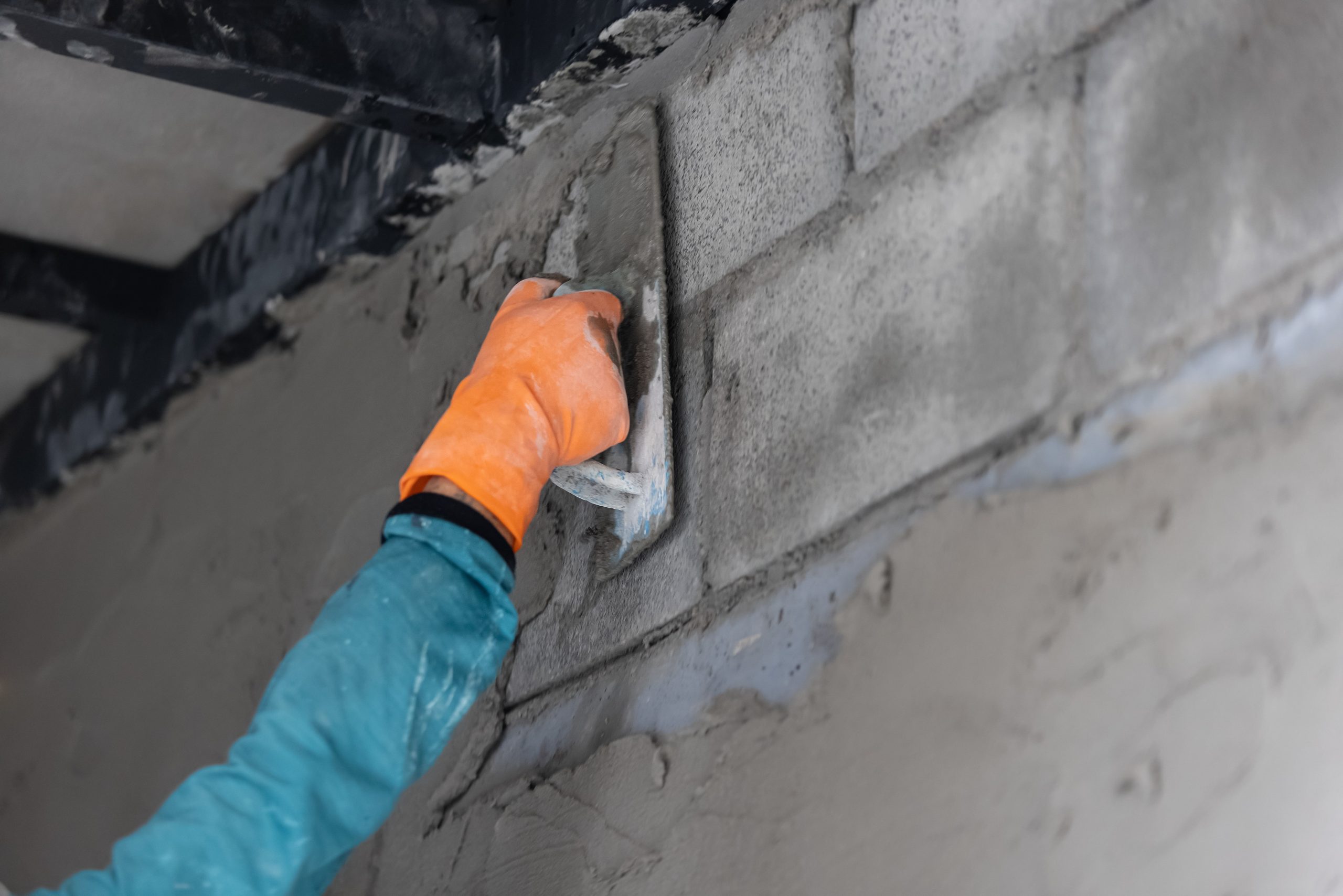Asheville, North Carolina, located in the picturesque Appalachian Mountains, offers stunning views and a unique living environment. However, these same mountain characteristics also present challenges when it comes to the foundation of homes. The sloping terrain, varied weather conditions, and soil composition can all affect the stability of a home’s foundation. Regional homeowners must be aware of these obstacles to safeguard and preserve their property. This mountain-region foundation repair guide for Asheville homes will cover slope stability, drainage, and pier alternatives for Asheville homes.
Slope Stability In Asheville Homes
The sloped terrain in Asheville, while contributing to its scenic beauty, can be a significant concern when it comes to foundation stability. Homes situated on hills or uneven ground are particularly susceptible to shifting foundations. The natural movement of the land, combined with the impact of weather and erosion, can cause the foundation to settle unevenly or crack. Over time, this settling can lead to structural issues such as doors and windows that won’t close properly, cracks in walls, and uneven floors.
One of the most important aspects of foundation repair in a mountain region like Asheville is ensuring that the slope of the land is properly stabilized. Soil erosion is a common problem in mountainous areas, especially during heavy rainfall. Water can wash away foundation soil without sufficient grading or erosion control, weakening it and displacing it.
To address slope stability, it is essential to assess the soil conditions and topography around the property. A professional foundation repair expert will evaluate whether the slope needs to be adjusted, and if so, how to prevent future soil erosion. This may involve techniques like retaining walls, proper grading, and erosion control methods to ensure that the foundation remains stable for years to come.
Drainage Considerations For Mountain-Region Homes
Mountain home foundation repair also depends on drainage. Asheville has considerable rainfall, and steep slopes can cause water to rush downhill and pool over a home’s foundation. Improper drainage systems can exacerbate these issues, allowing water to accumulate around the foundation, leading to water damage, mold growth, and, most importantly, foundation settlement.
To prevent water from pooling around a foundation, homeowners must have an effective drainage system in place. Proper gutter systems, downspouts, and French drains can direct water away from the foundation and into areas where it won’t pose a risk. Additionally, grading the yard so that it slopes away from the house is crucial for directing water flow. If water is consistently running toward the foundation, it can saturate the soil and cause the foundation to shift or crack, resulting in costly repairs.
If a drainage issue is already affecting a foundation, repairs may involve installing new drainage solutions, such as surface drains or subsurface drainage systems. These devices direct excess water away from the home and prevent foundation flooding. In some cases, improving the soil’s ability to drain water may require soil stabilization techniques, which can also help prevent erosion and foundation movement.
Pier Options For Foundation Repair
In mountain regions, the type of foundation repair often involves piering systems to stabilize and level the structure. Piering is especially effective in areas with sloping land, as it can help lift and stabilize a home’s foundation by distributing the weight of the structure evenly across solid bedrock or deep, stable soil layers. Pier systems support the foundation with piers or pilings driven deep into the ground.
In Asheville, homeowners have several piering options to choose from, depending on the soil conditions and severity of the foundation issues. One of the most common pier options is the steel pier system, which is ideal for homes with significant settlement issues. Deep-buried steel piers support the foundation securely. This system is particularly effective in areas with soft or unstable soil, which is often the case in mountain regions.
Another popular option is the helical pier system, which uses screw-like piers to anchor the foundation into solid ground. For sites with fragile or difficult terrain, these piers can be constructed with minimal landscape impact. Helical piers are also a good choice when dealing with unstable soils, as they can be adjusted over time if needed.
In some cases, a combination of piers may be used to stabilize a foundation, depending on the specific needs of the home and the extent of the damage. Piering systems not only help level the foundation but also prevent future movement, offering long-term solutions for homes in mountain regions like Asheville.
Conclusion
Asheville home foundation repair involves a thorough understanding of sloping topography, drainage difficulties, and unstable soil. Homeowners in the area must prioritize slope stability, implement effective drainage systems, and consider the best piering options for foundation stabilization. Asheville homeowners can preserve their property and ensure their foundation’s long-term stability by addressing these concerns early and partnering with a competent foundation repair company.

